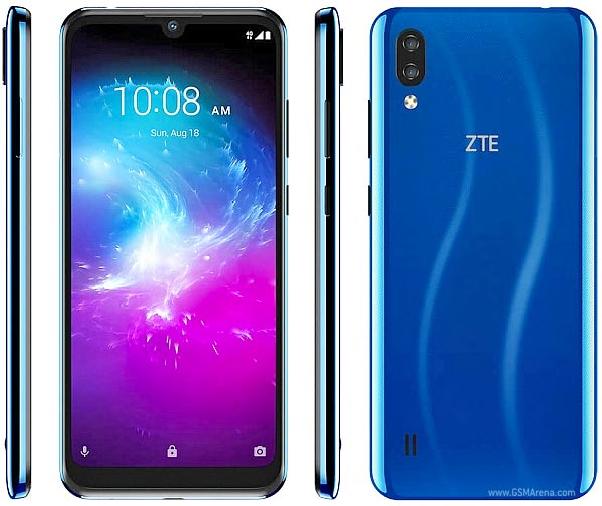Higher quality video, cloud gaming, virtual reality, and greater automation will push South African mobile networks to roll out 5G coverage in the next few years.
That is according to one of the prominent 5G radio equipment providers in South Africa Chinese telecoms giant ZTE.
South Africa has had two mobile 5G networks operated by Vodacom and MTN since around mid-2020, while Rain has been offering fixed 5G products since September 2019.
Telkom is expected to launch its 5G network in 2022.
Aside from ZTE, three other large cellular network equipment providers power these operators’ 5G offerings in South Africa — Ericsson, Huawei, and Nokia.
MyBroadband asked all these companies for feedback on their 5G strategies in South Africa, but only ZTE provided details by the time of publication.
In the past year, ZTE has rolled out the second-largest number of new 5G base stations and 5G core networks worldwide.
The company has been operating in South Africa for over two decades and has its head office in Sandton, Johannesburg.
ZTE has partnered with MTN to expand the operator’s 5G network in South Africa.
“The 5G pilot that we did with MTN in 2019 was a trigger point, and thereafter, we rolled out to a large number of 5G sites, mainly in the Western Cape,” the company explained.
The company has also run 5G commercial trials with a limited number of site deployments for other incumbent operators.
“4G and 5G technologies are our focus, and the plan is to further enhance our footprint from dense urban to urban and then gradually to the rural regions.”
ZTE said it would love to see operators reaching into the very remote regions of the country but understood this would require cost-effective solutions.
“That is the crux of our strategy in South Africa,” ZTE said.
ZTE said its products are miniaturised with smaller dimensions, while still delivering a powerful network experience.
Its systems also use machine learning to provide energy savings.
Aside from tower-based 5G radio equipment for signal distribution, ZTE also sells its 5G routers in South Africa.
ZTE said the potential of 5G was “huge” in South Africa, as the expected local adoption of devices that support the technology over the next three years was on the “higher” side.
ALSO READ: MTN Plc and Airtel Nigeria increases data rates by 10 percent
“2G and 3G subscribers are declining in South Africa, and 4G and 5G networks are becoming more popular,” ZTE stated.
ZTE believes that technologies like 5G is indispensable for societies to become digitalised, with the main target of solving problems and improving citizens’ quality of life.
“Digitalisation can help the global community in dealing with the issues of dense urbanisation in metros that sadly have the potential to reduce the impacts of our resources and also the environment-related challenges that we will be facing.”
One major use-case for the next-generation mobile technology will be watching higher-definition videos for businesses and entertainment.
In addition, younger customers will use applications that require 5G to run effectively including cloud gaming, virtual reality, and augmented reality.
“The operators will be pushed to not only upgrade their legacy networks but will also have to expand their reach further,” ZTE said.
5G will also support automation in industries like mining and manufacturing, making for “mouthwatering” enterprise business potential for operators, ZTE said.
Source: News 24
